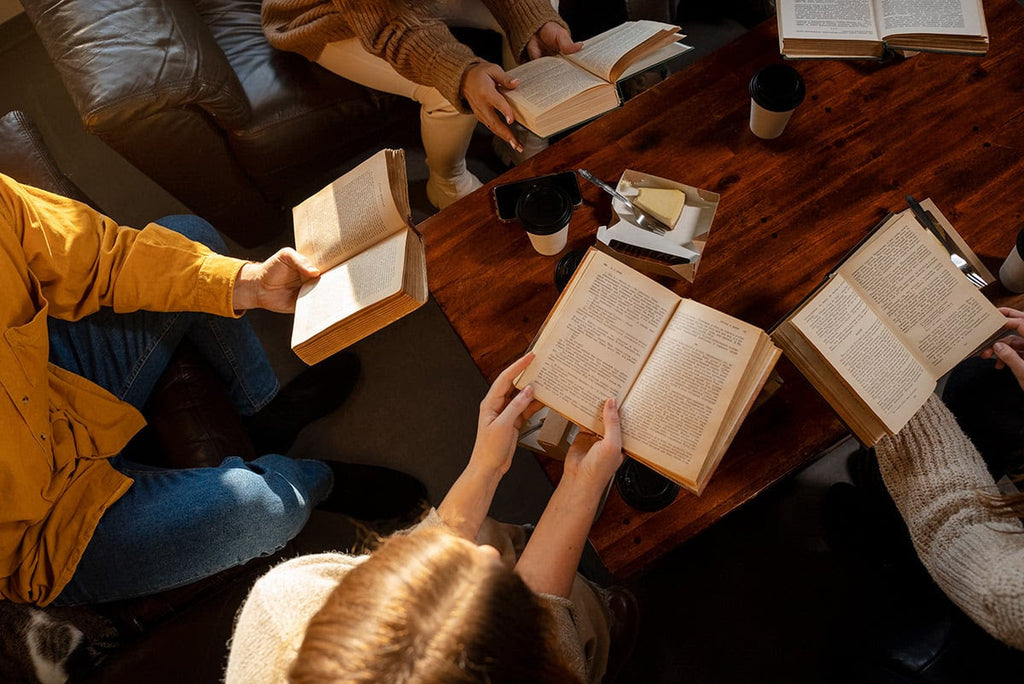What about my wedding? Celebrating marriage in a pandemic
On the 25th of March, 2020, there was a flurry of weddings, including two couples from our church. Wednesdays are not usually popular days for weddings, but these are not usual times.
Those married that Wednesday were able to have 20 people present. Anyone who is married today and for a time as yet unknown will only be able to have two witnesses and the minister/celebrant with them.
For those who have weddings planned in the coming weeks and months, there is real grief. Grief that what they have hoped for will not be able to happen. Grief that family and friends will not be able to witness the wedding ceremony by being physically present. Grief that they will not be able to celebrate their joy with those who love them.
So what should they do?
There is no single right answer to this question. Some will want to postpone the wedding and some will want to proceed within the limitations that are now in place. But this is a good opportunity for us to think about our theology of marriage, our theology of weddings and our theology of celebration.
The biblical picture of marriage is of a permanent, lifelong, (but not eternal) covenant relationship between one man and one woman for the common good. It is patterned on the relationship between Jesus Christ and the people of God (the church) and it is part of the created order—the way the world was made and designed to be. It is intended for life and should be exclusive of all others.
The Bible does not prescribe what a legal wedding ceremony looks like. Our present church culture sees most weddings taking place in church with a celebration to follow. But there has been great variation historically and culturally in the involvement or otherwise of the church in wedding ceremonies.
Because of its covenant nature, marriage is a public act, and weddings ought to be done with witnesses to confirm its occurrence. The Australian marriage laws permit you to marry that way. A (heterosexual) marriage before a civil celebrant in a registry or elsewhere is a legal marriage, and perfectly valid in God’s eyes. Also just as valid is a marriage in a church with only the couple, the two witnesses and the minister present.
The temptation now for some Christian engaged couples, who want the benefits of marriage but also want the big celebration, may be to think they can make private ‘spiritual’ promises to each other and get formally married later. But making private promises does not make people married in Australia. It can also be dangerously ambiguous, since the exact terms of the promises are unregulated and may not be clear.
Since, even with the current restrictions, there is the ability to get married under Australian law both in church or at a registry office, there is no good or wise excuse for claiming to be married without doing that. (You are not a couple stuck alone on a desert island without hope of rescue!)
So what about the celebration? The Bible certainly expects that we will celebrate marriage. Song of Songs has the friends celebrating the marriage of the bride and groom. In John 2 we see Jesus present at and providing wine for a wedding celebration that may have lasted for a whole week! And the greatest celebration we will ever know is referred to in Revelation 19 as the marriage supper of the Lamb: the eternal celebration of the union of Jesus Christ with his Bride, the church. All of our marriages, and all of our wedding celebrations, point to this and are but a small and flawed picture of it.
Celebrations are also a reflection of the fact that God has made us to be part of a community, a family. We are not made to live permanently in isolation. They are an important part of the way we as people process change. We celebrate significant events because it helps us to mark the change and to adjust to what is different. This is why graduations, significant birthdays, weddings and weighty ceremonies like funerals are important: they allow us to gather as a community and to note the new.
It is right that we grieve the loss of the wedding celebrations, but their loss of does not mean the loss of the marriage. A marriage covenant legally made before God and before two witnesses is just as much a marriage as one with hundreds of guests. And a marriage conducted under Australian law can be followed at some point by a celebration. It can also generally be followed by a later service blessing the marriage and reaffirming the vows in a church setting. Such a church service is very similar to a traditional wedding service, just with a few minor alterations and changes in wording to reflect that the marriage that has already occurred.
There are very valid reasons to want many family and friends at the actual wedding, but it simply is not always possible. This is new for us, but it is not actually new. Many couples have been married in wartime in similar circumstances. Throughout history, countless thousands of people have not had the time, opportunity or money to have a big celebration with lots of people present at their wedding.
This is not what we were expecting. It is not what we are used to. It is right that we grieve these things, but it does not stop the marriage occurring properly in the registry or church.
And it does not stop family and friends from rejoicing, or celebrating, or being a lifelong encouragement for those who are married as they press on in living out the vows that have been made. The couples from our church who were married last Wednesday, and any who might be married in the weeks to come, are a part of our family. We rejoice that God has brought them together, and we pray that their marriages will be a blessing to them and to the people of God.









